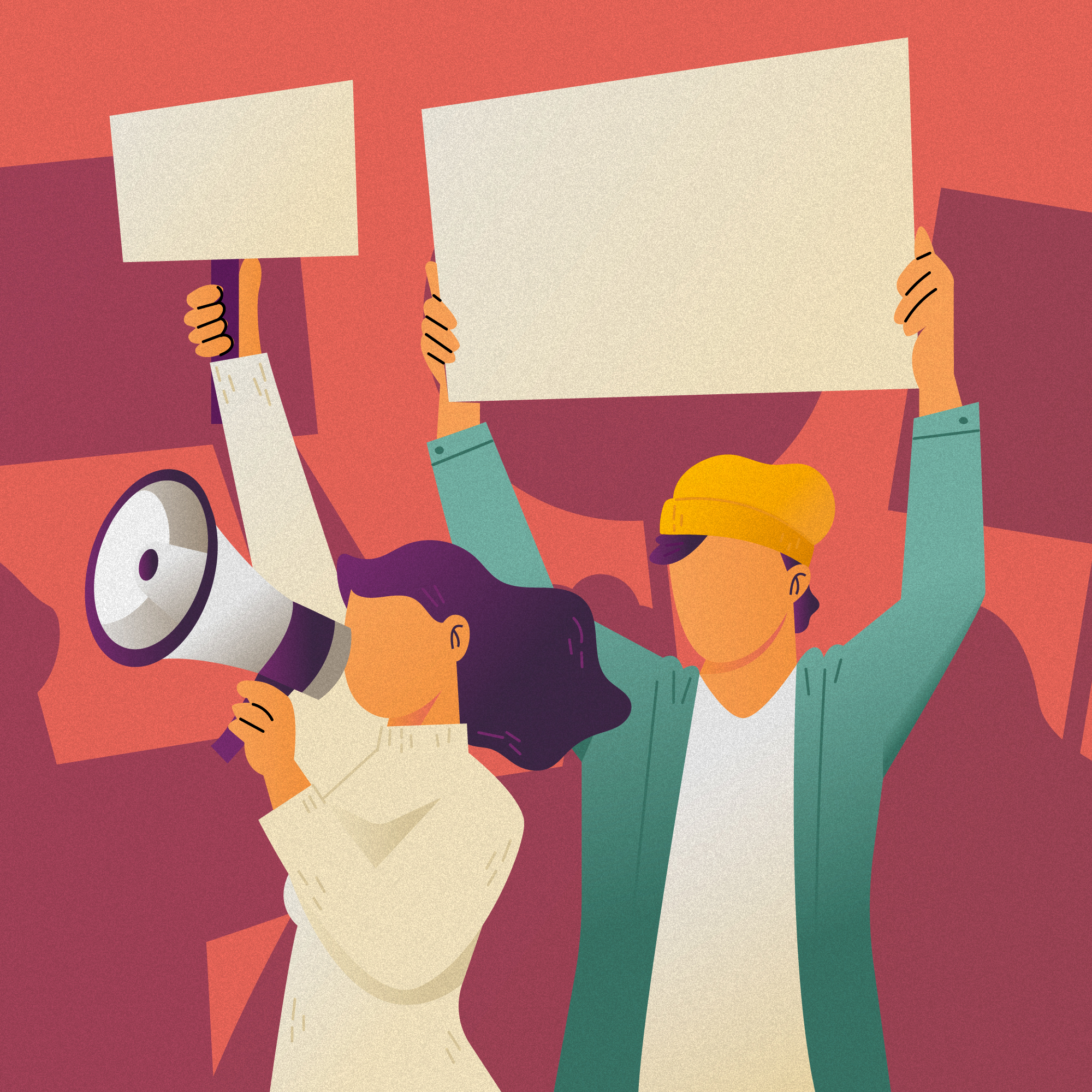News Highlights:
- The concept of freedom of speech: One of the most cherished freedoms is the right to free expression.
- The Indian Constitution acknowledges this freedom is a right of Indians, but it also stipulates that it must not impair India’s sovereignty or integrity.
The idea of speech freedom:
- Concept:
- The idea of freedom of speech encourages people to express their thoughts and opinions openly and without concern about legal repercussions, censorship, or other forms of retaliation.
- The Universal Declaration of Human Rights and international human rights law recognise freedom of expression as a fundamental human right.
- Free speech is protected by constitutional legislation in several nations. In political debate, terms like free speech, freedom of speech, and freedom of expression are frequently used interchangeably.
- However, regardless of the media utilised, the freedom of expression in a legal sense encompasses any action of obtaining, receiving, and disseminating information or ideas.
- Origin Of the idea:
- Free speech was first established as a democratic concept by the ancient Greeks.
- Parrhesia, an ancient Greek term, implies “free speech” or “to talk openly.”
- In Greek literature, the phrase originally appears towards the end of the fifth century B.C.
- The ancient Athenian democratic value of free speech is believed to have first appeared in the late sixth or early fifth century BC.
Freedom of speech in the Indian Constitution:
- Article 19(1)(a):
- The Constitution of India guarantees freedom of speech and expression to all citizens. It is enshrined in Article 19(1)(a).
- This implies that all citizens can freely express their views and opinions.
- This includes not only word of mouth but also a speech through writings, pictures, movies, banners, etc.
- The right to speech also includes the right not to speak.
- Significance:
- This is significant because democracy only functions effectively when people are free to voice their thoughts and, when necessary, criticise the government.
- People’s complaints must be addressed, and their voices must be heard.
- A true democracy requires that the people have a say in political matters and social, cultural, and economic matters.
- Democracy is in danger if the aforementioned liberties are not present.
- The government will grow to be overly strong and begin to prioritise the interests of a select few over those of the general population.
- People would submit to tyranny silently if the right to free speech and the freedom of the press were severely restricted.
- People would feel confined and prefer pain to speak their minds in such a situation.
- Need to Protect Freedom of Speech:
- For the discovery of truth by open discussion.
- It is an aspect of self-fulfilment and development.
- To express beliefs and political attitudes.
- To actively participate in a democracy.
- Restriction:
- Freedom of speech is not absolute. Article 19(2) imposes restrictions on the right to freedom of speech and expression. The reasons for such restrictions are in the interests of
- Security
- Sovereignty and integrity of the country
- Friendly relations with foreign countries
- Public order
- Decency or morality
- Hate speech
- Defamation
- Contempt of court.
- Freedom of speech is not absolute. Article 19(2) imposes restrictions on the right to freedom of speech and expression. The reasons for such restrictions are in the interests of
Conclusion:
- These Safeguards of Freedom of Expression are necessary to protect state security and sovereignty since speech can be used to incite hatred against the state.
- To achieve societal harmony. When freedom is combined with responsibility, it serves a greater purpose.
- For the sake of society as a whole, some limits in the past are required.
- To defend the rights of others. Any speech has the potential to violate the rights of many individuals, so reasonable restrictions must be put in place to prevent the actions of one person from impairing the rights of others.
Pic Courtesy: Freepik
Content Source: The Hindu



